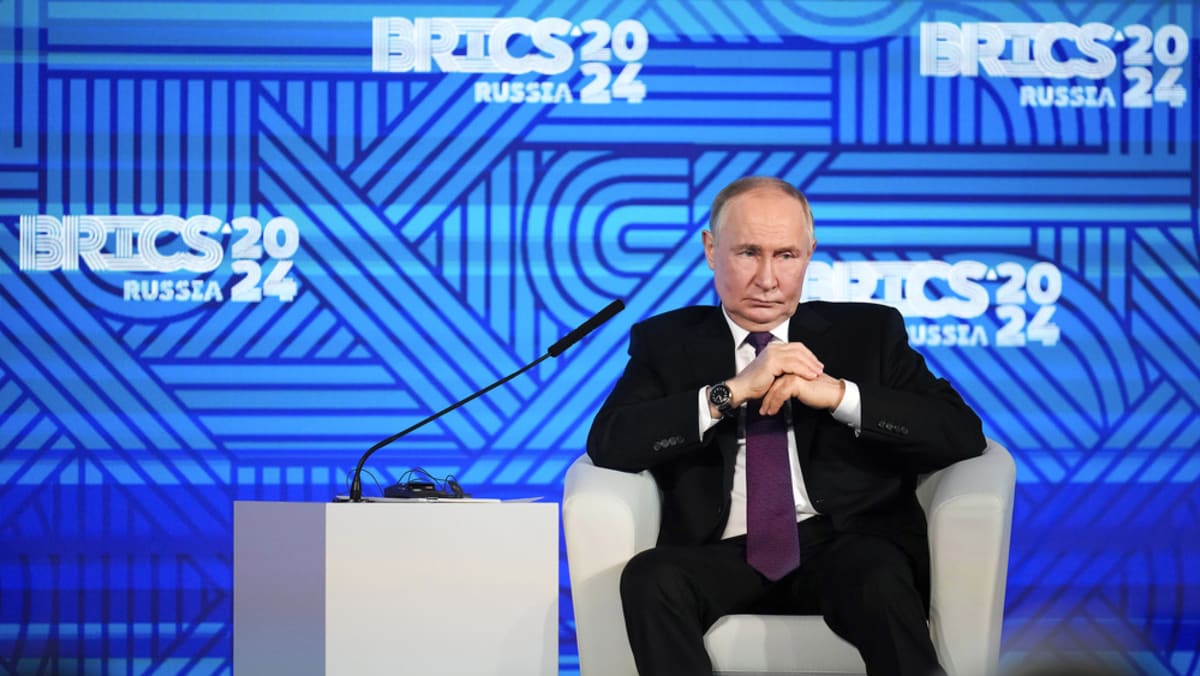A REAL FORCE OR A TALKING SHOP?
Moscow hopes its proposed alternative to a dollar-based financial system will solve these issues.
But achieving a unified voice on most challenges remains elusive for a bloc with divergent interests, said observers.
They added that it is unclear how many countries explicitly support the alternative.
Associate Professor Kirill Koktsyh of MGIMO University’s political theory department noted that BRICS members have to find a common voice “with twice as many countries now present” on major issues, including on the alternative payment system.
In case this option fails to garner support, Moscow has another plan.
It has an interim proposal for a so-called bridging payment for digital transactions – set in individual national currencies – that would be immune from Western control.
This system hinges on linking commercial banks through the central banks of BRICS members, and involves transferring digital tokens backed by national currencies.
The idea would guarantee the secure exchange of those currencies and circumvent the need for dollar backing.
Some BRICS newcomers, such as Egypt, are exploring similar bilateral payment partnerships.
“Some of the BRICS countries started such models of payment bilaterally,” said former Egyptian ambassador to China Magdy Amer, citing such Russia-China and Russia-India partnerships.
“In Egypt, we are starting this with China as well. This is the trend now and this is an important step to be taken by the BRICS.”
